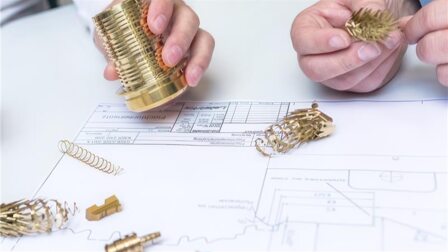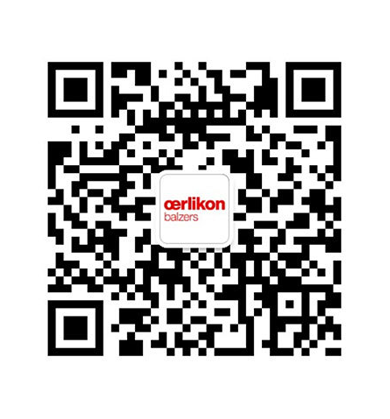The problem here is that lead facilitates machining processes considerably because it ensures good chip breaking and has a slightly lubricating effect. Many of the inexpensive lead-free or lower-lead substitutes offered on the market, however, increase tool wear due to material smearing, create long ribbon or snarl chips and often make reliable processing impossible.
Those who want to machine brass will find a partner in the Leistritz Tools Academy with their successful concept for complete workpiece machining as well as solutions for materials and coatings.
Standard tools unsuitable for lead-free materials
he Pleystein location, tests with lead-free materials were conducted early on, including for fittings and fitting parts, with sobering findings: Standard tools from conventional brass-machining lines are unsuitable for machining these materials and do not support any useful type of manufacturing.
In new trials for external and internal machining operations, Leistritz experts machined low-lead brass of the material type CW 511 L (CuZn38As) in a six-spindle machine using flatform inserts for external and internal machining with modified geometries using different rake and clearance angles as well as a coating optimised for this application. This approach allowed the manufacture of workpieces with good surface qualities. The chip formation was improved, although there was still a need for optimisation with respect to chip breaking
Better chip flow with BALINIT HARD CARBON
Moreover, the tools exhibited no optically discernible wear whatsoever after about 500 workpieces, which was due to the use of BALINIT® HARD CARBON. This especially hard and wear-resistant ta-C coating can be applied to every common hard metal – in contrast to diamond coatings. It also provides the ideal properties for the machining of non-ferrous metals: ideal sliding properties and protection against adhesion with a high level of thermal stability as well as high hardness with corresponding abrasion protection.
This results in better chip flow as well as increased productivity and process reliability. With a film thickness of only 1 micrometre (μm), the geometry and the cutting edge of the tool retain unimpaired functionality.
For Leistritz, a partner of Oerlikon Balzers for 25 years, the coating is undoubtedly also a significant factor for success in this case. Reinhold Setzer, product manager for tools at Leistritz Produktionstechnik summarises: “We have gained valuable insights that have also been confirmed scientifically, by the way. This enables us to continue optimising the machining of lead-free copper materials in cooperation with our customers and partners based on a comprehensive tool concept that covers the full range of our clients’ machining and product manufacturing needs”.


